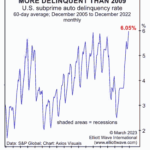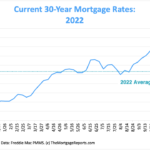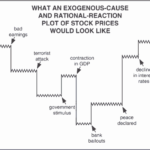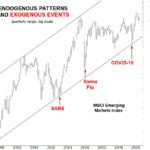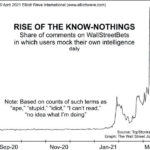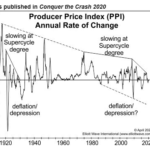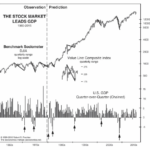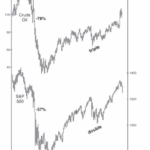The fall and spring auctions in New York City are the art market’s bellwether sales events. And according to The New York Times, the results from the City’s spring art auction season “tell a story of a masterpiece market come down to earth.” The article notes that the spring sales at Christie’s, Sotheby’s and Phillips delivered $1.4 billion — a 22 percent decrease from total earnings of $1.8 billion in 2023.
While auction experts called it a “respectable finish,” the general art market nervousness is a bad sign for the next major auction season in November. It’s “a momentum-based market,” said one expert about the art industry. “There can be a little bit of a herd mentality.”

